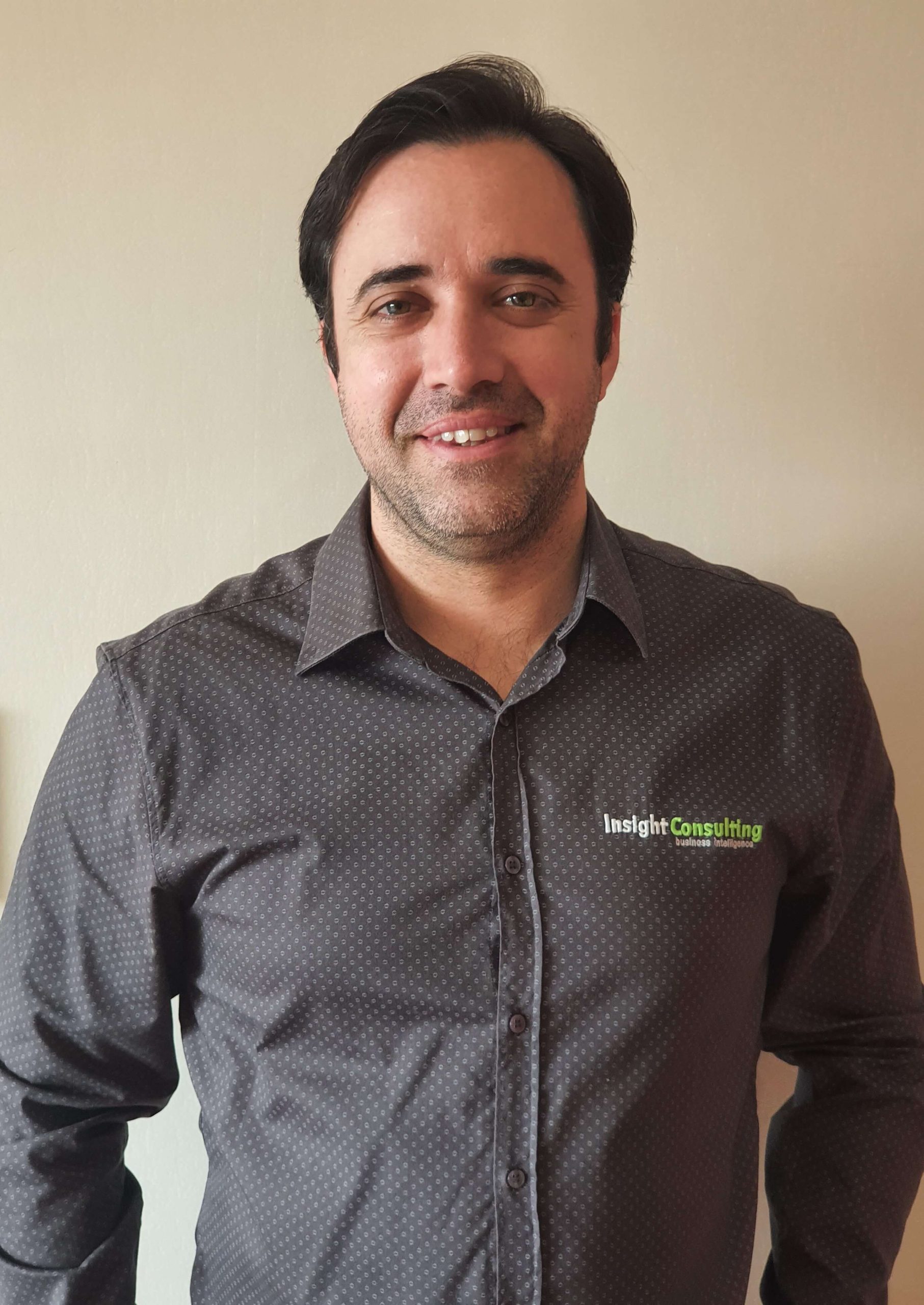Lee Wearne, Data Strategist at Insight Consulting
In an era defined by information and innovation, where there’s more competition than ever before, businesses all understand the importance and value of data. However, collecting and storing data is one thing, but positioning it as a strategic business asset that can fuel effective and intelligent decision-making requires a high level of organisational data maturity.
Data maturity is best described as a measure of how well an organisation uses its data to achieve its goals.
When you start measuring an organisation’s data maturity you set a benchmark that can be used for comparison during future tests. The objective, then, is to ensure that an organisation’s data maturity is moving in the right direction, and if it is not, to make the necessary adjustments. The overall goal is to move along the data maturity curve towards the desired maturity state, which aligns with an organisation’s objectives.
Once we understand what data maturity means, we can appreciate that there will almost always be a data gap between where an organisation is and where it wants to be in terms of its data capabilities. Working to close the data gap, organisations need to consider three main categories: People, processes and technology.
“People” are the custodians, creators, champions, and users of data in the organisation. “Processes” refer to the procedures in place that define how data is managed. These procedures include defined processes for extraction, transformation, cleaning, governance, analytics, and reporting of data. “Technology” refers to your data stack, the hardware and software that is used to manage data.
All three need to be addressed to advance data maturity, but closing a data gap in an organisation is achieved by zooming into areas that will have the biggest impact on business goals and performance. It may come as a surprise to many, but an almost universal challenge for organisations of all descriptions in their quests to achieve data maturity does not come from technology. It comes from the culture in the business.
Culture refers to the people skills within an organisation, its processes, and a willingness among its workforce to make changes and adapt their way of working. While technology brings amazing capabilities, it cannot solve any challenges in a business without skilled people working with efficient processes, making effective decisions.
How does this play out every day in businesses all over the world? Company A invests in new technology to “streamline its operations”, but its employees are not effectively trained on how to use it, they’re not encouraged to embrace it and the workflow is not optimised. The result: The investment does not deliver the expected value.
People and processes are the main drivers of business performance and decision-making. Technology is a tool, and a tool in the wrong or untrained hands is either futile or dangerous. Without people there is no culture, and without efficient processes there is chaos.
The point of departure for any business should be the establishment of a data council. A data council will help a business achieve coordination and alignment of data objectives among all business units and functions. The council should oversee data governance, and it should plan, prioritise, build and maintain the infrastructure and skills that an organisation needs to make genuine data-driven decisions. A well-structured data council will break down silos in an organisation and foster a culture of standardisation and innovation. Working with an experienced data partner, an organisation can build an effective data council comprising of data stewards, data champions, analysts, business users and IT staff.
However, the value of a data partner doesn’t end with culture and processes. A good partner will assist with a workable data strategy and then help organisations choose technology that is right for their specific context and objectives. A business needs a data architecture that supports the data strategy and objectives of the business, including things such as data integration, warehousing and catalogue tools, analytics and much more. Ultimately, the architecture should be designed to get actionable insights into the hands of business users.
In summary, once a business understands its current data maturity level, it can assess the gap between where it is and where it needs to be to support its objectives. The strategy to close the gap should include high-impact projects across people, processes and technology – understanding that while the lure of shiny new technology may be strong, by rather embracing a Socio-Technical approach to improving your data maturity, organisations can increase the odds of creating value from data which will help them make better decisions.
Improving data maturity facilitates data integration, engineering and governance by automating and simplifying data flows, processes and controls between data providers and consumers. It enables data analysis, discovery and innovation by providing fast and easy access to relevant and diverse data sources for various applications.
The case for closing the data maturity gap is clear, however it requires working with the right data partners and identifying strong data leaders – within an organisation who have a clear vision and an unflinching determination – to drive the change needed.

